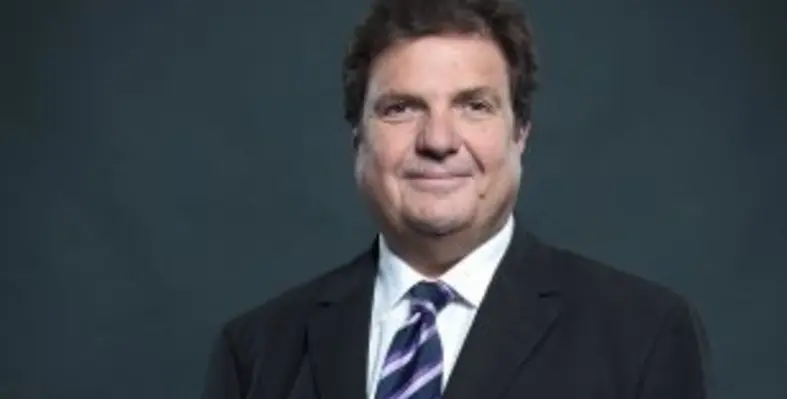With the demand for fresh water supplies continuing to rise across the Middle East, leading water management and solutions provider Metito has found itself working on a number of key projects within the regions desalination and water management sectors
Metito's managing director Fady Juez, who is also a director for the International Desalination Association (IDA), spoke to Technical Review ME about Metito's plans for the next 12 months and the future of the Middle East's water resource sector.
Technical Review ME (TRME): The past 12 months have proven to be quite productive for Metito ? can we expect more of the same over the next 12 months?
Fady Juez: 2013 was a good year for Metito; the company signed some important deals across the region, including a thermal power plant in Suez, Egypt, and ZADCO?s Zirku Island installation, as well as further projects related to the development we have previously worked on, such as ADNOC?s Ruwais housing complex. We also completed many high profile projects across the MENA region.
The next 12 months is set to be just as successful, with a number of agreements in the pipeline and more projects set to come online following completion of work currently underway. With this in mind, 2014 has a very positive outlook for Metito and we?re really looking forward to an even more fruitful year combating global water scarcity issues.
TRME: What are the biggest challenges Metito has faced in respect to the development of water reuse and performance technologies and how have you addressed these issues?
Juez: The biggest issue in the region regarding water reuse is the education angle. There is still a stigma attached to reused water, especially from citizens who don?t see it as a source of water for their consumption, and with the latest technologies available this is really something that needs challenging.
With a projected increase in water consumption in the Gulf to around 3 billion gallons per day in five years? time, this is an area requiring attention sooner rather than later.
Also, tempting countries away from tried and tested desalination solutions is a challenge ? they have relied on desalination as a source of water for a long time and are happy with it, so educating governments on the cost-saving implications, as well as environmental benefits to water reuse, is something that we have to work at.
TRME: What technological innovations within the water reuse and management industry have you been most excited about recently, and which ongoing water projects and developments within the GCC and wider region have you been most impressed by and why?
Juez: Turbo4Bio is something we?re very impressed with. It is an energy-efficient, sludge-free wastewater treatment technology. The name stands for ?Turbo-Reactor for intense Biofilm Production? and it?s highly suitable for treatment of municipal and low- to medium-load industrial wastewater, from which it produces a very high-quality effluent. This has been used in the region recently by Metito, at a plant with a 50,000 cubic metre capacity located south of Kufa, Iraq, which is the first of its size to use this technology.
TRME: The GCC region has been at the forefront of the global water reuse sector for the past few decades. Do you see this leadership role continuing in the decades to come?
Juez: The region certainly has plans to continue to increase water reuse, which is certainly a good thing in such a water scarce region. There is, however, still much work to be done to reduce the challenge water scarcity poses to the region. To maintain a leading position the MENA countries must look to aggressively increase their employment of water reuse technologies and to utilise treated wastewater more widely, as well as to also lessen the reliance on desalination wherever possible.
TRME: In your view, is the water management industry being taken as seriously as it should be by both the public and governments across the region, and how can Metito help increase awareness of the industry and its goals?
Juez: Certainly the governments across the MENA region know the danger water scarcity poses to everyday life and the development of regional economies, and many are actively planning and working towards securing a stable potable water supply for their citizens and industries.
Middle East countries are very transparent with information on the water industry and water reuse, which is a great step towards identifying and building solutions to challenges.
Further education on how individual citizens and businesses can help aid water conservation is needed and indeed countries can always do more to manage water more efficiently.
Metito uses its global knowhow and expertise on water recycling, reuse and conservation to advise clients on how to deploy the best solutions to reach targets and to move towards a more sustainable water management model.
Education drives are something Metito advocates and by raising awareness of water scarcity in younger generations we hope that the region can work swiftly towards a long term, sustainable water management solution.








